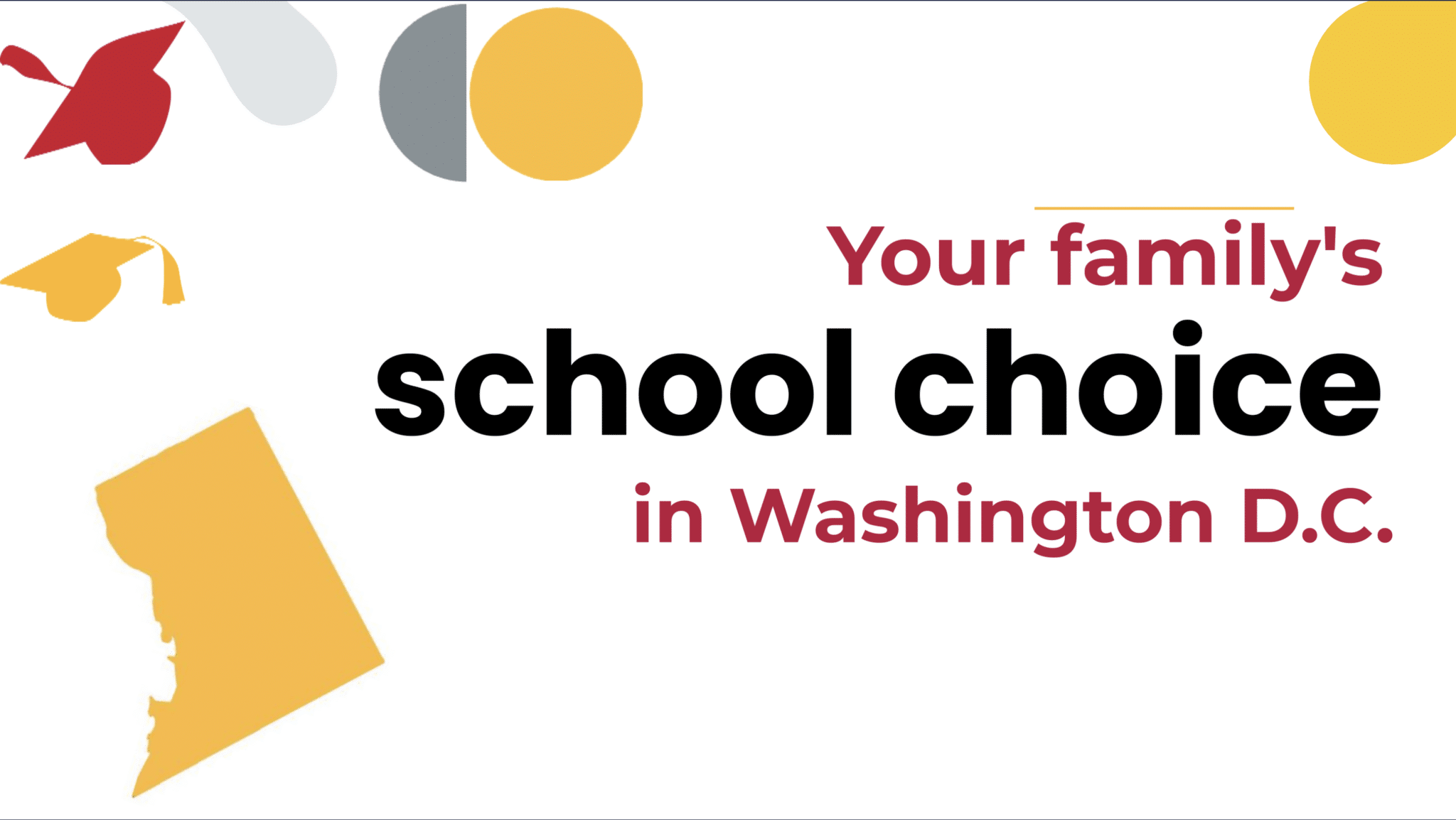Choosing a school? You’ve got options.
Choosing where your child goes to school is one of the biggest decisions you face. While it may feel intimidating to navigate your school choice options in D.C. and make a choice, you can do it! And remember, every child is unique. So, the “best” school for your child may look different than the “best” school for your neighbor’s child.
A good starting point for choosing a school is knowing your options. This post will break down the main learning environments available in D.C. In short, D.C. school choices include traditional public schools, public charter schools, public magnet schools, private schools, online learning, and homeschooling and microschooling and mix-and-match learning.

- Traditional Public Schools
- Public Charter Schools
- Public Magnet Schools
- Private Schools
- Online Schools
- Homeschool
DC Traditional Public Schools
First off, families in Washington, D.C. can choose for their children to attend traditional public schools. Traditional public schools are free to attend, open to all students, operated by school districts, and funded by federal, state, and local government. In D.C., 38.5% of all K-12 students attend a traditional public school.
The District of Columbia operates as a single school district. In D.C., families can apply to traditional public schools outside of the school assigned to them. D.C. uses a lottery system called My School DC. Families can apply to up to 12 schools out of nearly all of D.C.’s traditional public schools and public charter schools through the common lottery application. The lottery system then matches open seats with applicants. Nearly three-quarters of students in the district attend a school other than their neighborhood school.
Did you know that, on average, D.C. spends $24,535 per public school student each year? Find out more about public schools in D.C. at the D.C. State Board of Education website.
DC Charter Schools
Besides traditional public schools, you can also choose public charter schools in D.C. These schools are tuition-free public schools that have extra freedom to innovate and are accountable to authorizers for student achievement. Each public charter school has a charter which explains the school’s purpose and what specific community need it serves. For example, that could be providing a STEAM program or offering a rigorous, literacy-based curriculum. If there are more families seeking admittance to a charter school than there are seats, the school typically uses a lottery system to determine admittance.
Charter school legislation for Washington, D.C. was signed into law in 1996. Today, there are more than 100 charter schools in the district serving 42.8% of the K-12 student population. You can apply to participating public charter schools through the My School DC Public School Lottery, and find a complete list of D.C. public charter schools.
Learn more at the D.C. Charter School Alliance.
DC Magnet Schools
Magnet schools are another free public school option. These schools allow kids to narrow in on a specific learning track, such as engineering or the performing arts; all the subjects at a magnet school are taught through the lenses of that specific track. If your child applies to and is accepted into a public magnet school, they can attend that school rather than their assigned public school.
D.C. has a handful of public magnet schools or magnet programs. Duke Ellington School of the Arts, for instance, offers a unique dual enrollment curriculum where students receive professional arts training as well as academic preparation.
DC Private Schools
In addition, you can choose D.C. private schools, nonpublic schools that charge tuition. Private schools come in all shapes and forms, from religious schools to schools designed for children with special needs.
There are about 100 private schools in the District of Columbia. The average tuition for private schools in D.C. is $27,647 for elementary schools and $30,948 for high schools.
While the cost of private school tuition may seem like a barrier, D.C. students whose families meet certain income limits may qualify for a state-run scholarship program which is currently serving 1.7% of the K-12 student population. The establishment of the D.C. Opportunity Scholarship Program was even the subject of a feature film, Miss Virginia!
Additional funding may be available from other sources. Learn more at the Association of Independent Maryland & DC Schools, The Shepherd Foundation, Black Student Fund, and Latino Student Fund.
DC Online Learning
Whether your child wants to accelerate learning or needs a quieter environment in which to focus, you may be interested in trying virtual school. Students in Washington D.C. in any grade can enroll full-time in Friendship Online Academy, an online, tuition-free school. Enrollment in Friendship Public Charter School Online takes place through the My School DC Public School Lottery. The school also offers part-time options.
Additionally, some D.C. high schools offer blended courses.
To read more about online learning in Washington D.C., check out the Digital Learning Collaborative’s state profile.
DC Homeschooling
Homeschooling, the process of parents educating students at home, is permitted in all 50 states and Washington, D.C. As both technology and school choices have spread in D.C., homeschooling is an increasingly popular choice with more support and resources than ever.
All parents in D.C. have the freedom to homeschool their children, provided they meet certain requirements. In D.C., notice of your intent to homeschool must be filed annually to the Office of the State Superintendent of Education by August 15 or 15 days before beginning homeschooling. D.C. requires homeschooling parents to have a high school diploma or its equivalent to homeschool.
D.C. requires homeschooling parents to teach specific subjects (including language arts, math, and music) but does not require homeschoolers to take standardized tests. In some cases, homeschoolers in D.C. can participate in public school sports and activities, but restrictions and limitations apply.
Learn more about homeschool laws and how to homeschool in D.C. at the Home School Legal Defense Association. You may also be interested in checking out the DC Homeschooling Program and Joint Base Anacostia-Bolling Home Educators.
[nscw_school_finder]
Microschooling and Mix-and-Match Learning
How can it empower parents and help kids achieve their dreams?
7 Step Guide
Tips to help you find a school where your daughter or son will learn, succeed, and be happy.
Education Resources for
DC Parents
For additional information about school choices in
DC, visit these resources:
Every state is different when it comes to school choice options.
Sign up below to get a detailed comparison:
"*" indicates required fields
